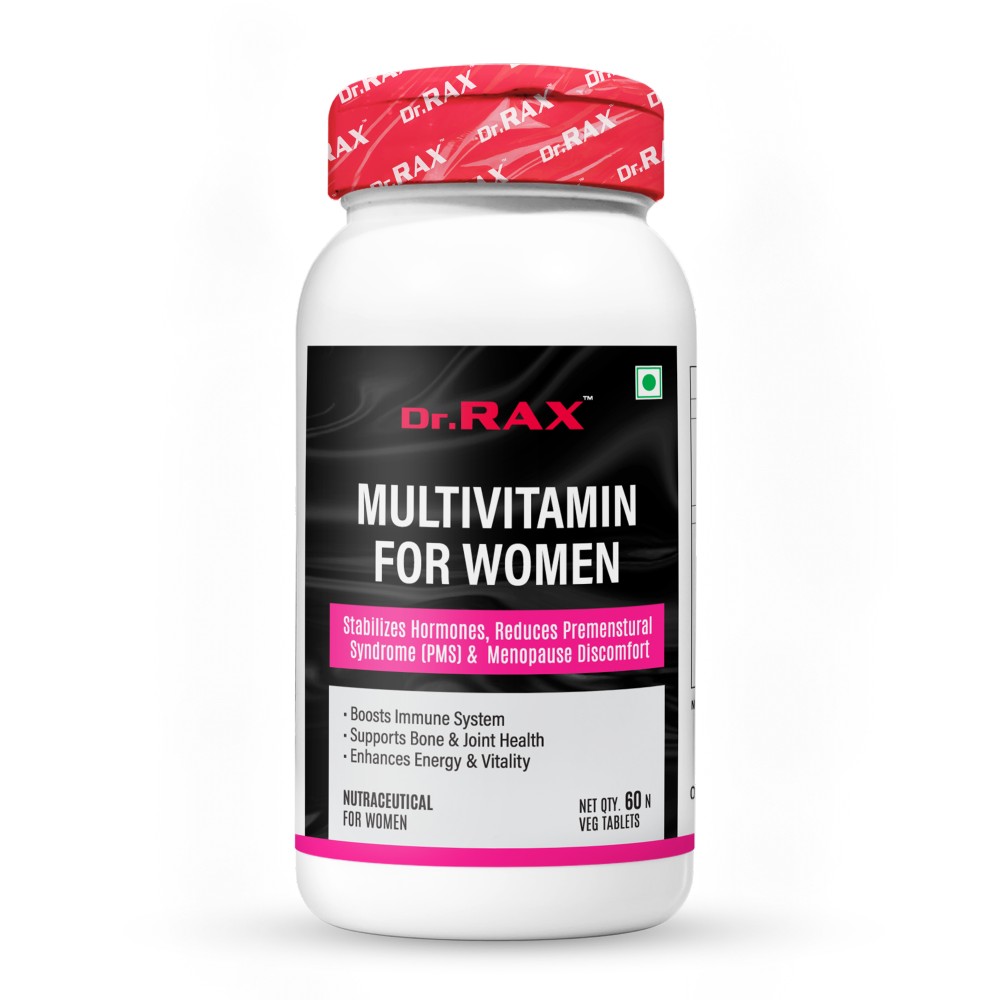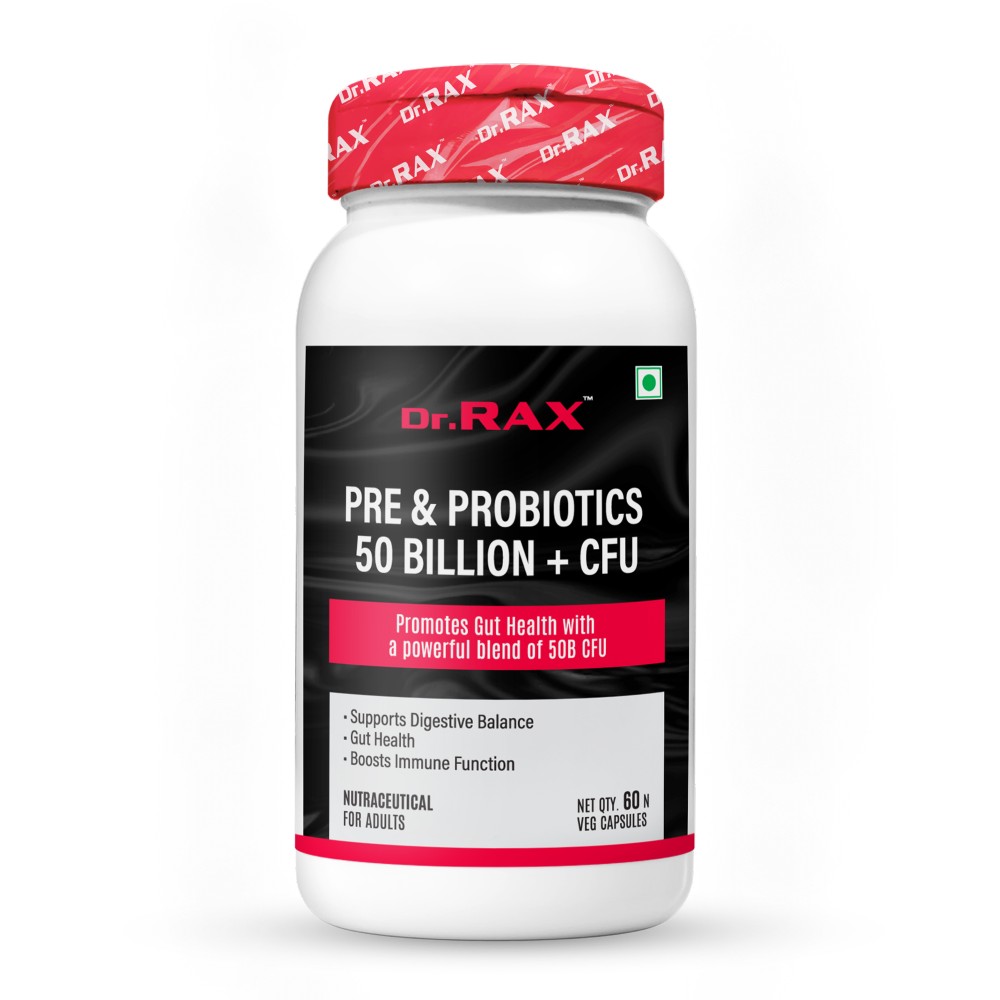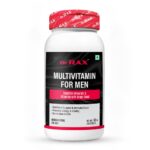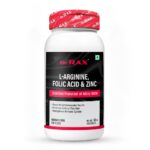
Dietary Supplements: What You Need to Know
Many adults and children in the United States take one or more vitamins or other dietary supplements. In addition to vitamins, dietary supplements can contain minerals, herbs or other botanicals, amino acids, enzymes, and many other ingredients. Dietary supplements come in a variety of forms, including tablets, capsules, gummies, and powders as well as drinks and energy bars. Popular supplements include vitamins D and B12; minerals like calcium and iron; herbs such as echinacea and garlic; and products like glucosamine, probiotics, and fish oils.
The Dietary Supplement Label
Products sold as dietary supplements come with a Supplement Facts label that lists the active ingredients, the amount per serving (dose), and other ingredients, such as fillers, binders, and flavorings. The manufacturer suggests the serving size, but your health care provider might decide a different amount is more appropriate for you.
Effectiveness
Some dietary supplements can help you get adequate amounts of essential nutrients if you don’t eat a nutritious variety of foods. However, supplements can’t take the place of the variety of foods that are important to a healthy eating routine. To learn more about what makes a healthy eating routine, the Dietary Guidelines for Americans and MyPlate are good sources of information.
Some dietary supplements can improve overall health and help manage some health conditions. For example:
- Calcium and vitamin D help keep bones strong and reduce bone loss.
- Folic acid decreases the risk of certain birth defects.
- Omega-3 fatty acids from fish oils might help some people with heart disease.
- A combination of vitamins C and E, zinc, copper, lutein, and zeaxanthin (known as an Age-Related Eye Disease Study [AREDS] formula) may slow down further vision loss in people with age-related macular degeneration (AMD).
Many other supplements need more study to determine if they have value. The U.S. Food and Drug Administration (FDA) does not determine whether dietary supplements are effective before they are marketed.
Safety and Risk
Many supplements contain active ingredients that can have strong effects on the body. Always be alert to the possibility of a bad reaction, especially when taking a new product.
You are most likely to have side effects from dietary supplements if you take them at high doses, or instead of prescribed medicines, or if you take many different supplements. Some supplements can increase the risk of bleeding or, if taken before surgery, can change your response to anesthesia. Supplements can also interact with some medicines in ways that might cause problems. Here are a few examples:
- Vitamin K can reduce the ability of the blood thinner warfarin to prevent blood from clotting.
- St. John’s wort can speed the breakdown of many medicines and reduce their effectiveness (including some antidepressants, birth control pills, heart medications, anti-HIV medications, and transplant drugs).
- Antioxidant supplements, such as vitamins C and E, might reduce the effectiveness of some types of cancer chemotherapy.
Manufacturers may add vitamins, minerals, and other supplement ingredients to foods you eat, especially breakfast cereals and beverages. As a result, you may get more of these ingredients than you think, and more might not be better. Taking more than you need costs more and might also raise your risk of side effects. For example, too much vitamin A can cause headaches and liver damage, reduce bone strength, and cause birth defects. Excess iron causes nausea and vomiting and may damage the liver and other organs.
Be cautious about taking dietary supplements, beyond a standard prenatal supplement, if you are pregnant or nursing. Also, be careful about giving supplements to a child, unless recommended by their health care provider. Many supplements have not been well tested for safety in children and in those who are pregnant or nursing.
If you think that you have had a bad reaction to a dietary supplement, let your health care provider know. They may report your experience to FDA. You may also submit a report directly to FDA by calling 800-FDA-1088 or completing an online form. You should also report your reaction to the manufacturer by using the contact information on the product label.








